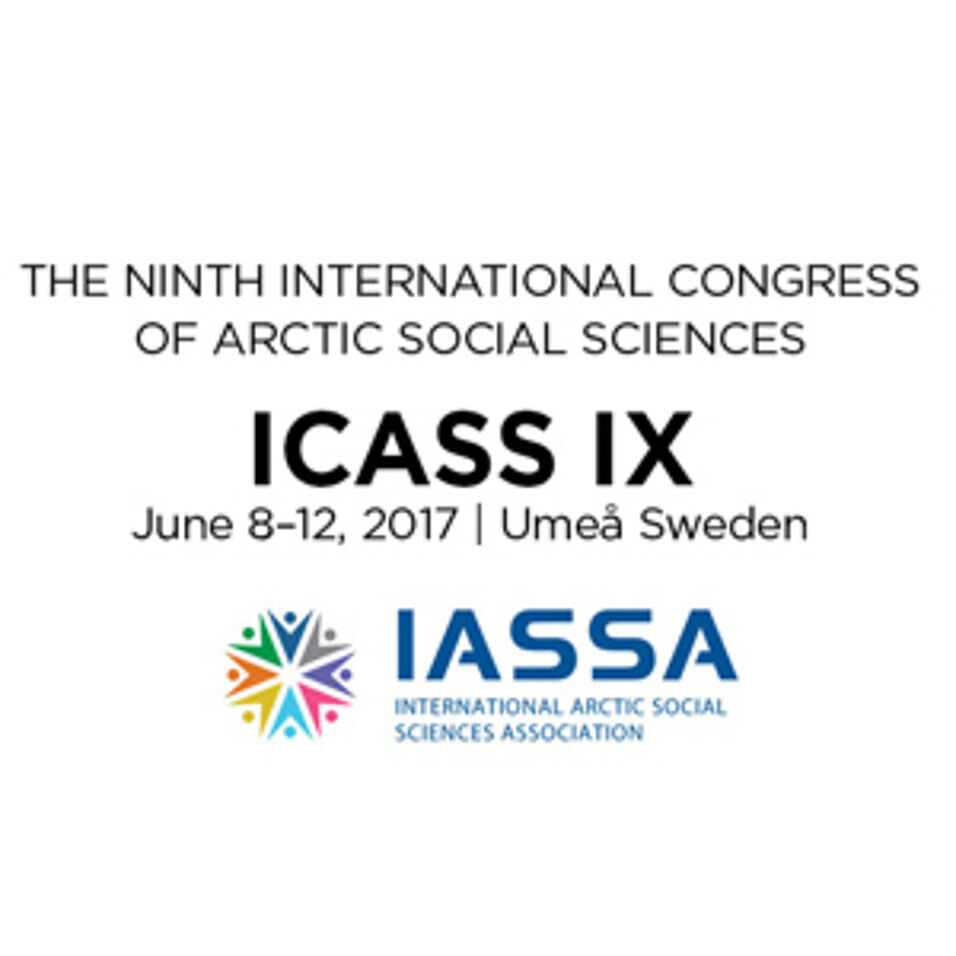Human and non-human mobility and the transport of goods and Information have rested on transportation infrastructures since times immemorial. Arctic and subarctic regions, which are often characterized by remoteness and low population density, had long to struggle with issues of distance and access due to
the limited development of “modern” transportation infrastructures. In the 21st century, however, as the Arctic and other remote regions come into the focus of resource developers and politicians, new transportation infrastructures are being imagined and built. Those include tracks and trails, highways and
railroads, aviation corridors, river channels and sea routes associated with a variety of means of transportation. Different transportation modes and systems enable and – sometimes – dictate different rhythms and flows, be they reindeer herders’ migration cycles or train and plane schedules. Not just people travel but goods, resources and information as well, thereby making human lives increasingly interconnected with infrastructures.
The session hosted presentations on topics related to transport and transportation infrastructures from a variety of disciplinary perspectives within the social sciences and humanities, as well as from those fields of Engineering and transportation studies that consider human-infrastructure entanglements. In order to address human interactions with the built environment of transportation systems, approaches ranging from infrastructure and materiality studies to social impact assessments to science and technology studies and
actor-network-theory applications, to name only a few, are welcome. While present and future developments in transportation infrastructures will most likely be central to the session, historical investigations are welcome as well. Likewise, while most ICASS attendants will focus on arctic and subarctic regions, we actively encourage comparative studies in other “remote” areas, without attempting to provide a strict definition of the term.
See the full session program here.
Individual presentations
- C. Fink/O. Povoroznyuk/G. Saxinger/P. Schweitzer: Who is travelling from where to where, and why? Results from a questionnaire-based mobility study in the greater area of the Baykal-Amur Mainline
- V. Kuklina/O. Povoroznyuk/G. Saxinger: The rhythms of trains and work along the Baikal-Amur Mainline
- O. Povoroznyuk/P. Schweitzer: Transportation infrastructure in historical perspective: settlement and mobility in the BAM Region
- P. Schweitzer/O. Povoroznyuk: Hubs, Corridors, and the Space Between: Transportation and Information Networks in Remote Areas

